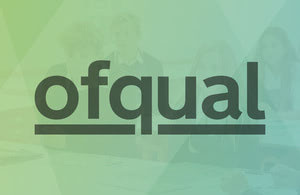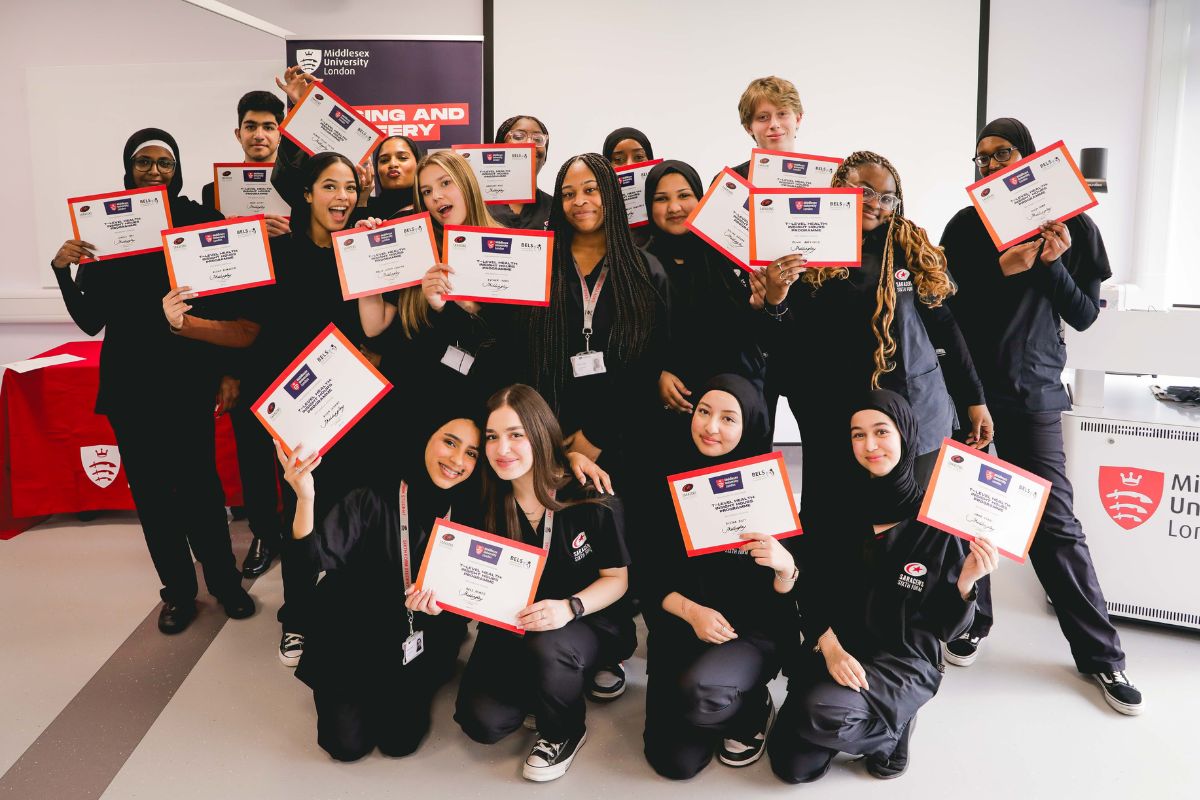Ofqual Launches Consultation on VTQ Assessments in 2021

@Ofqual confirms changes to #GCSEs, AS and #Alevels next year, following consultation; and publishes new proposals for adjustments to #VTQs
We understand students preparing to take exams and assessments in 2021, and their parents, carers and teachers, are concerned about the impact coronavirus (COVID-19) has had on their education. We have consulted on proposals for changes to exams and assessments next year, given the disruption and potential for on-going public health safeguards, and developed a package of measures. Overall, these will free up teaching time, reduce pressure on students and allow assessments to be undertaken within current public health restrictions.
GCSEs, AS and A levels
In his letter to us, the Secretary of State for Education explained that he was not minded to specify changes to the content which forms the foundation for GCSE, AS and A level qualifications, because of the impact this could have on students moving to the next stage of education; he asked us to provide advice on the options for the 2021 exams.
We have carefully considered the responses to our consultation in this context, and are today (Monday 3 August) confirming the changes we will require exam boards to make to exams and assessments next year. This includes changes to 15 A level subjects, and 25 GCSEs. Based on the most commonly taken combinations of GCSEs, most GCSE students will benefit from the changes being made.
Changes include:
- changes to how content is assessed in GCSE geography, history and ancient history, to help teachers and students cover that content in appropriate depth, as we proposed in our consultation
- changes to GCSE English literature, to introduce a choice of topics on which students are required to answer questions in their exams. The government, which is responsible for content, has decided to allow for this change in light of the responses to the consultation. As this subject is taken by the majority of students, and typically taught alongside English language, this will ease the pressure on many students and teachers
- changes to the requirement for a specified number of days of fieldwork in a number of subjects. Teachers widely welcomed our proposed changes to the requirement to carry out GCSE geography fieldwork, while noting the importance of fieldwork to the subject. A number of respondents argued strongly for a similar adjustment to be made to AS and A level geography, because of the potential obstacles they foresee for students undertaking fieldwork during the next academic year. As such, we have decided to align the approach in A level geography to that of GCSE, although A level students will still have to undertake an individual investigation. We have also confirmed similar decisions for GCSE, AS and A level geology; AS and A level environmental science; and modified the arrangements for observation in GCSE astronomy
- changes to how the assessment of students’ spoken language skills is reported in modern foreign language GCSEs – students’ speaking skills will be assessed through a teacher endorsement alongside the 9 to 1 grade. Common assessment criteria will be produced for teachers to use when assessing students’ spoken language skills, so that these can be assessed within teaching, giving centres some flexibility over how they approach the oral component of the assessment
- a range of modifications to the non-exam assessment arrangements in a number of subjects to accommodate potential public health requirements, for example, GCSE food preparation and nutrition, GCSE, AS and A level music and GCSE physical education
Full details of the subject by subject changes are outlined in our decisions document.
Optional questions, length and format of papers
We have considered feedback about the use of optional questions. Many respondents arguing in favour of optional questions were in fact discussing introducing a choice of topics on which students will be examined, similar to the changes proposed for GCSE history and ancient history and (now) GCSE English literature in 2021. We appreciate why optional questions might appear attractive, but evidence indicates this can have unintended consequences – with some students, particularly those who tend to perform less well in exams, doing worse when given more freedom over question choice.
Similarly, we received a range of responses to our proposal that exam boards should not generally change the length or format of their exam papers, except where needed to accommodate other agreed changes to the exams. While some respondents argued for shorter and/or fewer papers and some for different question styles such as multiple choice questions, others shared our concern that the lack of familiarity could have a negative impact on students’ preparation – particularly those with a special educational need or disability. Having considered the responses in detail, we have decided it is in students’ best interests if exam boards do not make these changes, except where needed to accommodate the specific changes to the exams we have set out.
Timing
We also sought views on possible changes to the summer 2021 timetable. While there was general support for a delay to the exams, to allow more time for teaching, respondents were less positive about this if it meant a potential delay to results. We will continue to work with the DfE, exam boards, regulators in Wales and Northern Ireland, and groups representing schools, colleges and higher education to consider the best approach, and we will confirm our decisions as soon as possible.
Standards
We understand students and teachers want reassurance about how outcomes might be protected through our approach to grading next year, as we did to protect the interests of students who took the reformed qualifications for the first time. This will play an important part in our overall support for the 2021 cohort. We are considering our approach and will provide further information in due course.
Contingency plans
In line with the Secretary of State’s letter to Ofqual, we are planning for exams and assessments to be taken next year. Nonetheless, we recognise there could be further disruption next year. We will continue to develop contingency measures, exploring different options.
Vocational, technical and other general qualifications
Learners taking vocational and technical qualifications (VTQs) and general qualifications other than GCSEs, AS and A level have also experienced lost teaching time and we are today launching our consultation on a range of proposals for VTQ assessments in 2021 and a new version of the Extraordinary Regulatory Framework (ERF) to support the 2020/21 approach. These are designed to help mitigate the impact of this disruption and respond to any future public health measures.
VTQs serve a mixed purpose, ranging from those taken alongside, or instead of, general qualifications to progress in education; to those used to signal occupational competency – which, by necessity, often include substantial practical elements that cannot be wholly accommodated through online learning. It is important that any changes to assessments in 2021 qualifications continue to deliver qualifications that are a valid and reliable indication of knowledge, understanding, skills, or practical competence, and that, as far as possible, standards are maintained.
As government’s expectation is that assessments will take place during 2020/21, we do not consider that it will be necessary to permit awarding organisations to offer calculated results to any learners in 2020/21. We have engaged widely with awarding organisations, professional bodies and providers and consider that permitting awarding organisations to adapt their assessments is the best way to mitigate for the longer term impacts of coronavirus (COVID-19). This may include widening assessment windows to provide greater flexibility, streamlining assessments to free up time for teaching and learning, or changing some assessment requirements to deal with the impact of any ongoing social distancing measures, such as group performances.
Because of the diversity of VTQs, a single approach would not be feasible, and instead, we intend to work with awarding organisations to support their decision-making around what adaptations are suitable for different qualifications. We will work with awarding organisations, in sector-specific groups and across different types of qualifications, to facilitate common approaches to help ensure that approaches are as consistent as possible across similar VTQs. This will be informed by a set of objectives and additional guidance we will produce, to run alongside the ERF. We will look to consult on this guidance later this month, alongside any other changes we feel are necessary to the ERF for our 2020/21 approach.
The consultation is open until 14 August 2020.












Responses